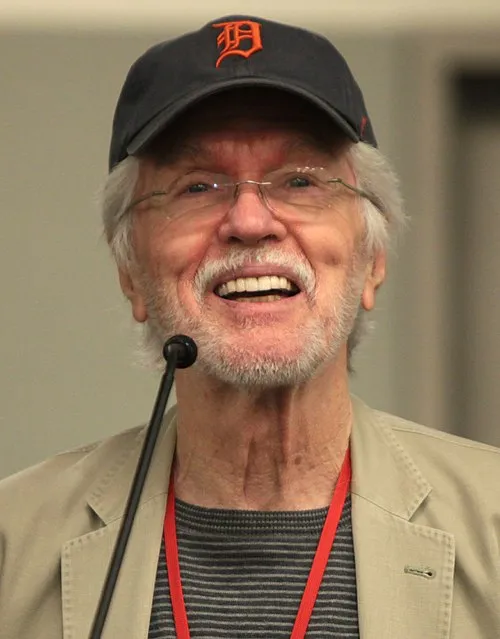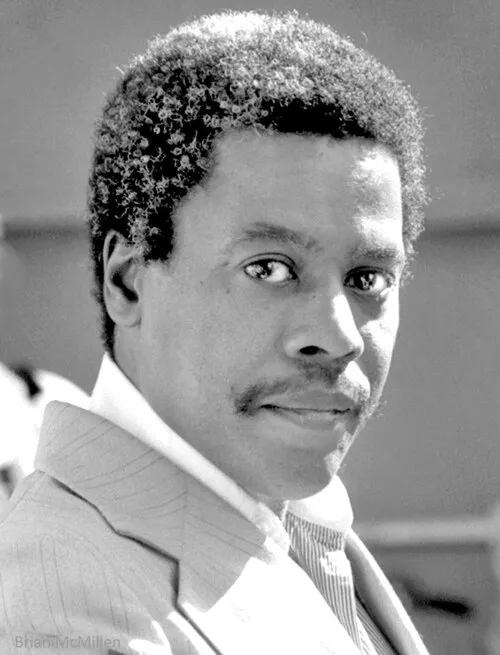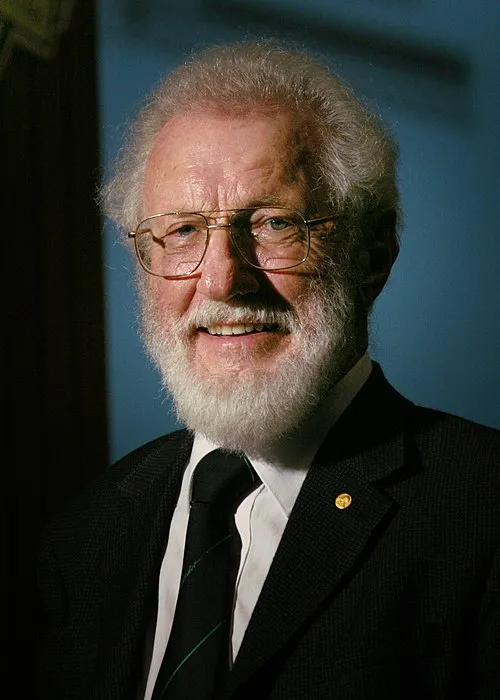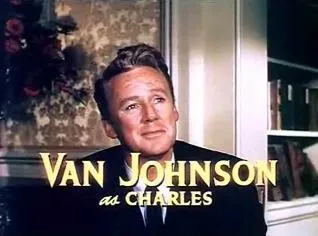
Name: Tim Cain
Birth Year: 1965
Nationality: American
Profession: Video Game Designer
1965 – Tim Cain, American video game designer
Tim Cain: The Architect of the Post-Apocalyptic Gaming World
In the mid-1960s, as America was witnessing a cultural renaissance fueled by music, art, and technology, a future visionary was born. Tim Cain entered this world in 1965 a year marked by political turbulence and burgeoning technological advancements. Little did anyone know that this child would grow up to reshape the gaming landscape, ultimately carving out a niche that combined storytelling with intricate game mechanics.
The seeds of his creativity were sown early. As he grew up in a suburb of California, Cain found solace in the worlds created by writers like Isaac Asimov and Philip K. Dick. This literary foundation sparked an imagination that would later fuel his groundbreaking endeavors in video game design. However, it wasn't just books that captivated him; the nascent world of computers also drew him in like moth to flame.
Fast forward to his college years at the University of California, Santa Cruz a time when personal computers began emerging as household staples. Ironically, while many students focused on traditional majors like business or humanities, Tim gravitated towards Computer Science with fervor unmatched by his peers. His passion became palpable when he spent countless nights coding on an old Apple IIe often sacrificing sleep for lines of code that birthed rudimentary games.
Despite this devotion to programming early on, it wasn’t until 1986 that he would take his first major steps into professional game design joining Interplay Productions as a programmer. This pivotal moment can be seen as both serendipitous and strategic; who knows how different gaming might look today had he chosen another path? Under Interplay's roof, Cain worked on projects ranging from simple arcade games to complex role-playing adventures.
The real turning point came about during an ambitious endeavor known as Wasteland. Released in 1988 and considered one of the first post-apocalyptic RPGs , Wasteland's gritty narrative resonated deeply with players disillusioned by traditional gaming tropes at the time tropes often drenched in high fantasy or simplistic hero arcs devoid of nuance.
As he immersed himself further into creating immersive worlds populated by moral dilemmas and deep character development through engaging narratives he realized something profound: RPGs had untapped potential! Ironically enough though this realization didn't immediately translate into commercial success it laid crucial groundwork for what was yet to come!
The victory wasn’t instant; however! While Wasteland established itself as a cult classic over time thanks largely due its innovative mechanics including branching storylines where player choices significantly impacted outcomes the mainstream acknowledgment remained elusive initially.
Yet those formative experiences led him directly toward creating one of gaming’s most celebrated franchises: Fallout. Arguably Tim’s magnum opus debuted in 1997 under his leadership at Interplay once again! Drawing inspiration from past failures coupled with successes alike it became clear just how much world-building mattered while crafting experiences for players navigating their own stories amidst apocalyptic landscapes!
Fallout, set against nuclear wastelands brimming with moral ambiguity offered choices so impactful they made each playthrough feel unique even if all paths led towards familiar destinations eventually the journey itself held value beyond mere entertainment!
This attention detail paved way for innovation not merely resting upon laurels established through previous endeavors but constantly iterating upon them! Who knows what drove him onward during long nights spent tweaking algorithms or adjusting narratives? Perhaps it was conviction borne out of recognizing gamers yearned not just escapism but deeper connections within virtual realms?
The franchise soon spiraled into massive commercial success spawning sequels alongside spin-offs capturing imaginations worldwide bringing forth new layers intricately woven together enhancing original vision behind creation all reflecting evolving cultural sentiments whilst retaining roots firmly planted within post-apocalyptic genre lore!
The legacy forged through these series stretches far beyond pixels flashing across screens; rather embodying social commentary reflective contemporary issues we grapple today echoing sentiments echoed earlier years too! For instance themes surrounding government distrust societal decay resonate strongly today mirroring realities faced modern audiences everywhere…
A Lasting Impact
"Even now," remarked one avid fan during recent street interviews regarding Fallout's significance reflecting broader societal contexts & allowing users engage imaginatively past/present alike!”
The Legacy Lives On
- No doubt future generations will continue exploring landscapes birthed from mind capable marrying technical prowess artistic vision illuminating complexities life therein…
- Ironic twist exists though; despite rapid technological advancements enjoyed daily whether via mobile devices consoles alike they remain eternally captivated timelessness offerings delivered previously before digital era emerged profoundly reshaping interactions connecting them stories shared throughout mediums contemporarily present!”
- A testament enduring quality artistry imbued every aspect designing gameplay intertwining richly layered narratives yet invites questions around sustainability amidst shifting tides culture itself also adapting evolving shapes forms....”













